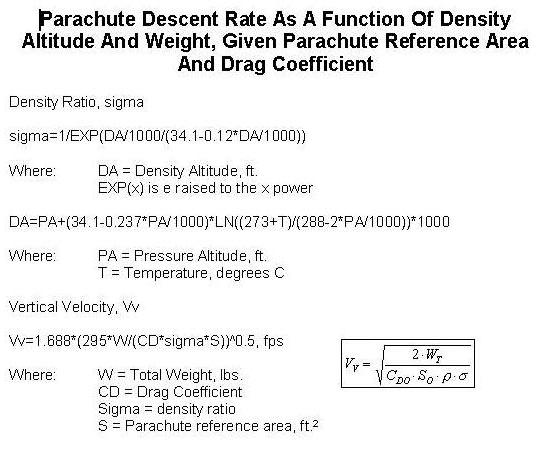Computer simulations of global warming and Darwinian mechanisms in biology should not be trusted, because they can’t be subjected to empirical verification. In these two areas, computer simulations and models can degenerate into nothing more than digital just-so stories — in one category about the future, and in the other about the past. The programmer can produce whatever outcome he desires, by choosing initial assumptions and algorithms, and weighting various factors to produce a desired output.
Unfortunately, when those in the general public hear the words “scientific” and “computer model,” they often assume that unassailable truth has been established.
Check out this book review by Carl Wunsch in the American Scientist. The book is entitled, Useless Arithmetic: Why Environmental Scientists Can’t Predict the Future..
I’m a software engineer who works for an aerospace R&D company. My specialty is designing guidance, navigation and control software for precision-guided airdrop systems. This involves a lot of mathematics and computer modeling/simulation.
A lot of work — over many years, by many brilliant mathematicians, aeronautical engineers, and atmospheric scientists — has gone into developing the basic theory with which I work. Here is some of the basic mathematics:
But this is just the beginning. The real world is very complex and messy: the flow-field created by the size and shape of the payload below the parachute changes the effective drag coefficient of the parachute; wind gusts and thermal activity are thoroughly unpredictable; and there are other considerations like changes in air density caused by atmospheric lapse rate.
The mission-planner for the guided-airdrop system mentioned above is a computer model which attempts to simulate the theoretical flight path of a parachute and its payload. It is critically dependent upon up-to-the-minute wind data which we retrieve by deploying a windsonde from the aircraft just before the payload is released. Even with all of this, a guidance system is required to make real-time corrections to compensate for all the potential anomalies described above.
So, the next time a global-warming advocate or a Darwinist tries to convince you of the validity of a computer model that can tell you what will happen in the future or what happened in the past, don’t pay much attention.
